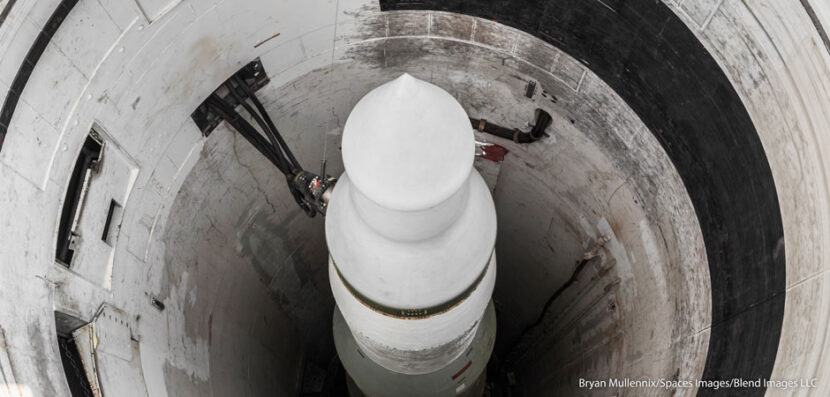New Tensions in the Middle East
In 2018, President Trump pulled out of the Joint Comprehensive Plan of Action (JCPOA), a nuclear deal that the United States and other nations had created with Iran in 2015. Since then, conditions with Iran have continued to deteriorate. Last week, Iranian President Hassan Rouhani issued a threat that has left the U.S. and many other nations on high alert. Here, Election Central takes a closer look at what happened.
A Tentative Peace
To understand what’s happening right now, first it’s important to look back at the initial terms of the 2015 nuclear agreement. Negotiated under the Obama administration by the U.S., United Kingdom, France, Germany, Russia, and China, the Joint Comprehensive Plan of Action (JCPOA) relaxed many economic sanctions against Iran in exchange for Iran agreeing to limit its nuclear program and allow for regular inspections. (Iran is still allowed to enrich uranium in order to produce electricity.) Trump, however, was an outspoken critic of the plan, which he claimed didn’t do enough to keep Iran in check, and vowed to pull the United States out of it–which he did, last May.
Related Links:
- President Trump pulls the United States out of the Joint Comprehensive Plan of Action.
- Former President Obama negotiated the original JCPOA that loosened existing economic sanctions against Iran.
- YOU DECIDE–Is the Iran Deal Good for America?
Since then, the U.S. has again ramped up economic sanctions against Iran, starting in August with the banking and oil industries. It’s not uncommon for countries to impose economic sanctions against each other, but it’s important to remember the devastating consequences that these sanctions can have on citizens. For example, targeting Iran’s oil exports–the country’s main source of income–led to economic instability and widespread protests.
What’s Happening Now?
Last week, Trump announced that the White House is imposing a new round of sanctions against Iran: this time, targeting Iran’s metals industry (iron, steel, aluminum, and copper). The metals industry accounts for about 10 percent of the total Iranian economy. Not only will the U.S. refuse to accept these metals, but Trump stated that the U.S. won’t allow other nations to accept them either.
President Rouhani responded with a troubling threat: unless the remaining JCPOA members take action to protect Iran against these sanctions, Iran will begin keeping its excess enriched uranium and heavy water (the JCPOA agreement currently requires Iran to sell this excess to other countries). Moreover, Iran will begin enriching even more uranium than before. Rouhani gave a sixty-day deadline for his demands to be met before Iran takes action.
What Was the Response?
The White House responded by positioning aircrafts and bombers to indicate that if Iran were to take aggressive military action, the United States will be ready for it. Meanwhile, the remaining JCPOA members have had mixed responses. The U.K., France, and Germany have urged Iran to reconsider, reaffirming their commitment to the 2015 agreement and stating that they don’t want any further military escalation in that area of the world. China, on the other hand, condemned the Trump administration’s actions, calling the White House’s new sanctions aggressive and irresponsible.



